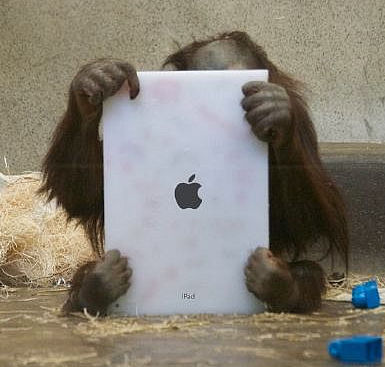Apple FaceTime Patent Infringement Costs £230m

Apple FaceTime developers said they didn’t pay attention to other people’s patents
Apple has been told to pay $368 million (£230m) in damages after a US court in Texas found that it had infringed patents relating to Virtual Personal Networks (VPN) in its FaceTime service.
Four patents in total were cited by Conneticut-based VirnetX, which had demanded $708 million from Apple, more than double what it was actually awarded. The lawsuit targeted the iPhone, iPod Touch and iPad as well as Mac computers that have access to FaceTime.
Apple developers had testified that they didn’t pay attention to anyone’s patents during the development of the system, but Apple argued that in any case, it had not infringed the patents in question as they were invalid.
Apple FaceTime patent case defeat
 The Cupertino-based company claimed that Facetime used a different technology to that covered by VirnetX’s patents and that the plaintiff was not entitled to money for things that it didn’t invent. The jury disagreed and told it to pay damages.
The Cupertino-based company claimed that Facetime used a different technology to that covered by VirnetX’s patents and that the plaintiff was not entitled to money for things that it didn’t invent. The jury disagreed and told it to pay damages.
VirnetX, which also won a $200 million settlement from Microsoft in 2010, could now seek an order to block further use of its inventions, although Apple still has the right to appeal the court’s decision. The company also has a separate case against Apple at the US International Trade Commission (ITC) in Washington and has claims against Cisco, Avaya and Siemens, which are due to be heard in March.
The decision comes just a day after another US court dismissed Apple’s claim that Motorola Mobility was seeking excessive royalty payments for its standards essential patents (SEP).
Motorola had been seeking 2.25 percent of every Apple product that used some of its patents, but Apple said that this was too high. Motorola asked the court to set what it believed was a fair price, but Apple argued that it would not pay more than $1 (£0.60) on any of its products.
It’s been a bad week for Apple, which has also been forced to post on its website a revised version of an acknowledgement of a ruling that Samsung did not copy the design of its market leading iPad tablet, after a judge said that the original statement was “untrue” and “incorrect”.
What do you know about patents! Find out with our quiz!